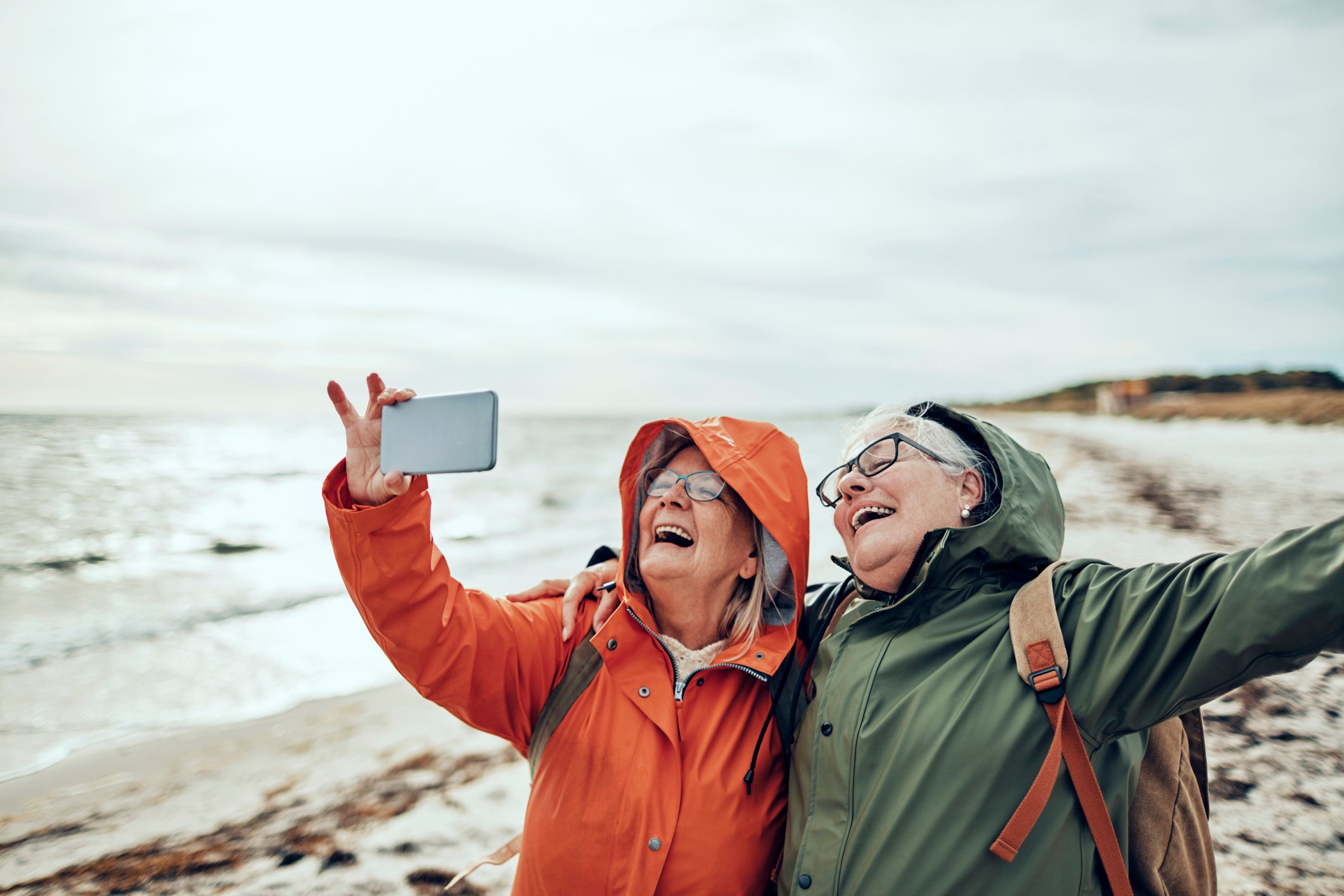The Independent's journalism is supported by our readers. When you purchase through links on our site, we may earn commission.
This is the maximum age humans can physically reach, scientists say
150 years is the limit to human mortality, according to a new study

Scientists have identified the maximum lifespan a human can hope to reach is 150-years-old, according to a new study.
Researchers at Gero, a biotech company based in Singapore, working in collaboration with Roswell Park Comprehensive Cancer Centre in Buffalo, New York, studied medical data from volunteers in the UK and US to arrive at the figure.
The group used AI (Artificial Intelligence) to analyse the health and fitness information provided by volunteers and blood samples to conclude that a person’s lifespan is dependent on two points: biological age and resilience.
Biological age is a calculation associated with lifestyle, stress and chronic diseases, rather than your actual age, while resilience relates to the speed at which a person returns to good health after responding to a stressor.
Their findings, which were published on Tuesday in the journal Nature Communications, showed that between the ages of 120 and 150 years old, humans display “a complete loss” of resilience that equates to an inability to recover.
Professor Andrei Gudkov, vice-president and chair of department of cell stress biology at Roswell Park Comprehensive Cancer Centre, called the study “a conceptual breakthrough” which determines and separates the roles of fundamental factors in human life.
“It explains why even the most effective prevention and treatment of age-related diseases could only improve the average, but not the maximal, lifespan, unless true anti-aging therapies have been developed,” he said.
Professor David Sinclair of Harvard Medical School’s genetics department, added: “The investigation shows that recovery rate is an important signature of aging that can guide the development of drugs to slow the process and extend health-span.”
French woman Jeanne Calment, who died at the age of 122 in 1997, was the oldest person to live whose age was independently verified.
And in 2016, Emma Morano - then the world’s oldest living person – attributed her long life to eating two eggs a day.
Morano, from Lake Maggiore in Northern Italy, said: “I eat two eggs a day, and that's it. And cookies. But I do not eat much because I have no teeth.”
Join our commenting forum
Join thought-provoking conversations, follow other Independent readers and see their replies
Comments
Bookmark popover
Removed from bookmarks